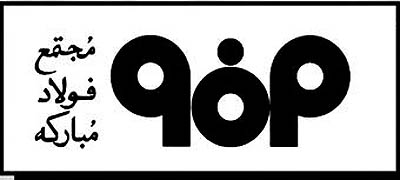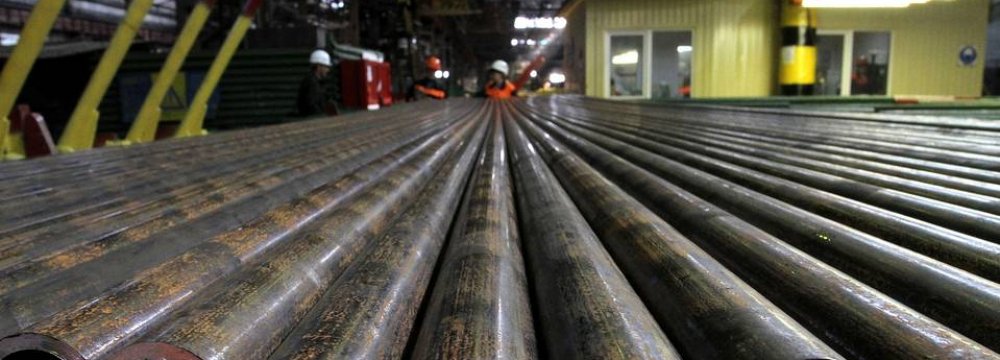
MSC Focuses on Domestic Steel Market as Demand Grows

 MSC Focuses on Domestic Steel Market as Demand Grows
MSC Focuses on Domestic Steel Market as Demand Grows
“There has been a rise in domestic demand for steel in the last few months, as a result of government policies,” Mahmoud Akbari was also quoted as saying by S&P Global Platts, a London-based provider of energy and commodities information and a source of benchmark price assessments in the energy markets.
“The construction industry is still quiet but other sectors’ consumption was boosted by water projects and recent investments in the oil industry.”
Akbari noted that demand is also expected to grow as a result of gas pipeline projects and developments in the country’s auto industry.
“Currently, the biggest consumer of MSC products in the country is the pipe and profile industry,” he said, adding that MSC is developing products to supply Iran’s oil and gas industry and is now able to produce API grades of flat products, including X60, X65 and X70.
MSC posted a sharp decrease in exports in the first six months of the current Iranian year (started March 20) to 89,000 tons of flat products from 147,000 tons it exported in the previous month.
As a result of a 95% year-on-year jump in Iranian exports of hot-rolled-coil steel products to the European Union in 2015, the European Commission started anti-dumping investigations against Iran’s exports.
MSC Managing Director Bahram Sobhani has said that the imposition of any anti-dumping measures will have an adverse impact on Iran’s cooperation with European companies that supply engineering and plant equipment to Iranian steel projects.
An anti-dumping duty on hot rolled coil, if imposed, could result in MSC’s exports to Europe being replaced by exports of slab and coated strips, a market source told S&P Global Platts, as these products are not on the EC investigation list.
“MSC recently increased its crude steel capacity, and the country’s slab and strips capacity is more than domestic demand,” Sobhani said.


Trump weighs using $2 billion in CHIPS Act funding for critical minerals

Codelco cuts 2025 copper forecast after El Teniente mine collapse

Electra converts debt, launches $30M raise to jumpstart stalled cobalt refinery

Barrick’s Reko Diq in line for $410M ADB backing

Abcourt readies Sleeping Giant mill to pour first gold since 2014

Nevada army depot to serve as base for first US strategic minerals stockpile

SQM boosts lithium supply plans as prices flick higher

Viridis unveils 200Mt initial reserve for Brazil rare earth project

Tailings could meet much of US critical mineral demand – study

Kyrgyzstan kicks off underground gold mining at Kumtor

Kyrgyzstan kicks off underground gold mining at Kumtor

KoBold Metals granted lithium exploration rights in Congo

Freeport Indonesia to wrap up Gresik plant repairs by early September

Energy Fuels soars on Vulcan Elements partnership

Northern Dynasty sticks to proposal in battle to lift Pebble mine veto

Giustra-backed mining firm teams up with informal miners in Colombia

Critical Metals signs agreement to supply rare earth to US government-funded facility

China extends rare earth controls to imported material

Galan Lithium proceeds with $13M financing for Argentina project

Kyrgyzstan kicks off underground gold mining at Kumtor

Freeport Indonesia to wrap up Gresik plant repairs by early September

Energy Fuels soars on Vulcan Elements partnership

Northern Dynasty sticks to proposal in battle to lift Pebble mine veto

Giustra-backed mining firm teams up with informal miners in Colombia

Critical Metals signs agreement to supply rare earth to US government-funded facility

China extends rare earth controls to imported material

Galan Lithium proceeds with $13M financing for Argentina project

Silver price touches $39 as market weighs rate cut outlook

















